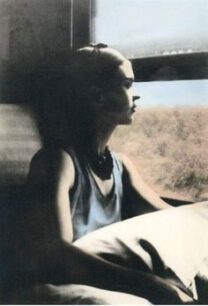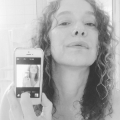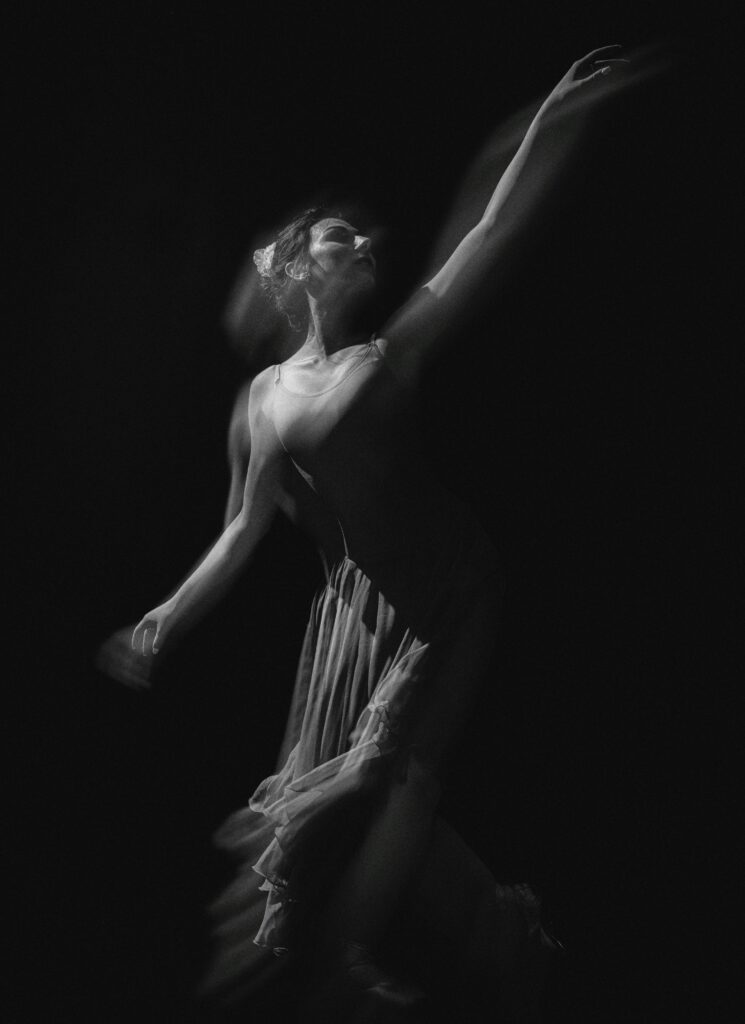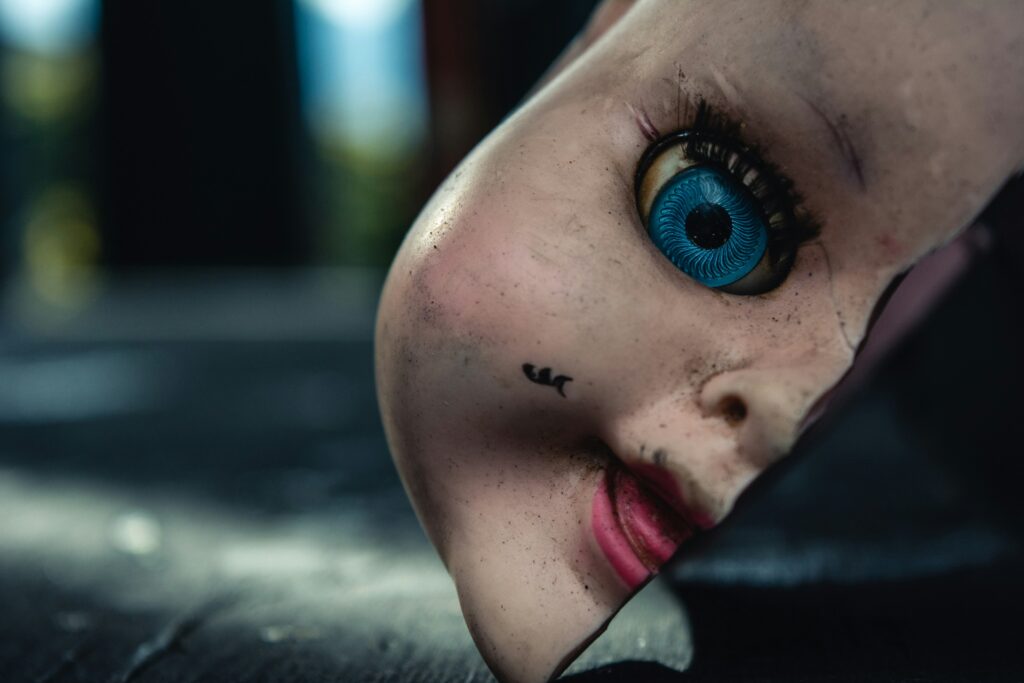Todo Es De Color – Children Of Catalunya
Vivianne Vives, June 21, 2023

A charming lively plaza in el barrio de Gracia, behind a lone lit window on the third floor, a nineteen-year-old girl smokes a cigarette. Behind her, boy one is drinking wine with boy two, sprawled over bright green and yellow mattresses. She met boy two in drama class, she made him cry, made them all cry, even Maria Teresa, the teacher, who one day kissed her on the mouth, just like that, was sobbing too; because of her fierce, almost painful beauty, because of her rawness and truth, this girl made their stomachs hurt. She wore mortal fear and pain like a princess her mantle and crown.
In the improv, she was dying, she had cancer, dared not tell her husband.
“Is he really cheating on me? Worst of all is not the cancer, or even to die, it’s not to be able to communicate. My husband…” – she’s annoyed at herself because she cannot remember the actor’s name – “…anyway, I cannot connect with him, I suffer so fucking much because of this, not because I’m dying. It’s im-po-tence!” Her character’s horror is still vibrating through her.
“How can I know death so intimately, though?” she wonders. “It felt like I brought death into the room! The accident?” Maybe. But being out of her body had brought her closer to life, if anything, fuelling her rage to live. “I did not meet death while I floated over the scene…” Maybe not the accident, but the wasting away inside endless casts, month after month, immobile, the metal sticking out of her like a bad Frankenstein movie.
A boy from her class at Jesuits had made fun of her, it made her blurt out a terrible spell: “May the exact same thing happen to you that happened to me, so you will know what it feels like.” It worked, he had a motorcycle accident too, he broke the same leg. She would never forget the look of sheer panic he gave her the next time they saw each other, both in cast and crutches. He never addressed her again. It scared her too, brutally. From that day on, she became mindful of her desires.
“It wasn’t Death, it’s just a concept! It cannot give you pain, actually, because if you can get out of your body, see everything from above, as in a film, camera on crane, still hear everything up close; you cannot die; you just leave the body behind and make them all go away. I know this so well, yet the agony of this imaginary woman who is dying of cancer and cannot communicate with her husband, how she feels about her own death sentence, is quite real to me.” Interestingly, in the distant future, her parents will fight their way through that very scene, to the death, a muerte, both dying of cancer within months of each other, but unable to communicate, or even die in synch.
Boy two is seventeen, has already forgotten all about the class, ready as hunger, he feels lonely, even now. Boy one is eighteen, more responsive to her touch than the clouds in the sky to the wind. Her little apartment with Vinçon mattresses on the floor smells of fried onions and wine, understands desperation well, and is very patient. Months ago, when she slowly opened the door of the apartment, shaking, it fell in love with her too; it held her firmly while she stood alone looking out this very window. Clutching her tea and her sanity she decided, like some teens will, to understand life only through herself; from behind the torrent of words, thoughts, and blows of her father; form behind the shaky voices of the nuns at Jesus y Maria, the demented finishing touches of the Jesuit priests; from behind a lifetime inside a Catalan bourgeoisie that had cowered at Franco’s swipes, riding the tail of the war, missing the sixties.
The little apartment steadied her when she felt the vertigo of madness, that she might go crazy from forcing herself to look at it all, to untangle lies from truths; to live alone, like a puta, when no one else of her class did. It softly reminded her that she was the loving weaver of silvery threads, not just the beautiful girl of the terrible curls that everyone wanted to touch. She stood very still behind the lit window and made a pact with her own heart. She would get to know it, best she could, and in exchange, it would keep her sane.
This was before she met them, before the apartment made itself lovely when she brought the Gracia boys home, before she had even set a foot in this new world, where there were only small townhouses, and only small apartments and inside them, instead of bitterness, parents gave daily smiles to their children and rocked them to sleep; mamas baked cookies, sang songs, cleaned their own houses; there were no pools and no gardeners, and dogs slept inside.
She would keep her job with her dad, who hadn’t banished her, yet. She would keep acting in secret, she would keep writing, even if there always seemed to be a man at the edge of her words, about to bleed.
“They are just words” she thinks now, “neither they nor my emotions, are complete truths. The truth is a kaleidoscope that teaches everything at once. You cannot portray the truth linearly, you cannot take one truth for the other, and they do not occur one after the other. All truths occur simultaneously. Like mamá said, truth is to be quiet, because truth moves around!”
The boys wait behind her, out of sight, sipping wine and eating spaghetti. Freedom and Janis Joplin. They talk about taking the road through Zaragoza, on their way to France, and about making love to her under the moon that shines over the Monegros.
Moon over moon.
[They will reach Moissac, a sacred place in the middle of a river that flows pristine on the other side of the Pyrenees. In a hotel in an ancient house, full of ancient secrets, they rent a huge room where they look out the window to see the river and the river only.
A magical boy on each side, to the left, to the right, the river flows, circles. The moon still pours over the carved bedposts where boy one is water with her. Forever they disappear, they create with this river and with that moon: bubbles.
Boy two cries like water. Because he feels it and because he is cold. He’s pushing the poster bed that is a boat in which boy one sails with her without getting lost. He sends them away. Complete. Free. Three.
It’s cry all day, next day, time to love boy two more.
Lole y Manuel wail from the boombox they carry; at the outdoor restaurant, they dance on top of the table. From the river blows a breeze that kisses the French in the nape of the neck, when they see her dance, this girl of the terrible curls; they tremble when they witness how openly the sweet boys that love her, and each other, cry.
“Todo es de Color” in the grey village by the green river. Children of Catalunya, of Gracia and Pedralbes, in France, swim for life and dance for love.]
You may also like
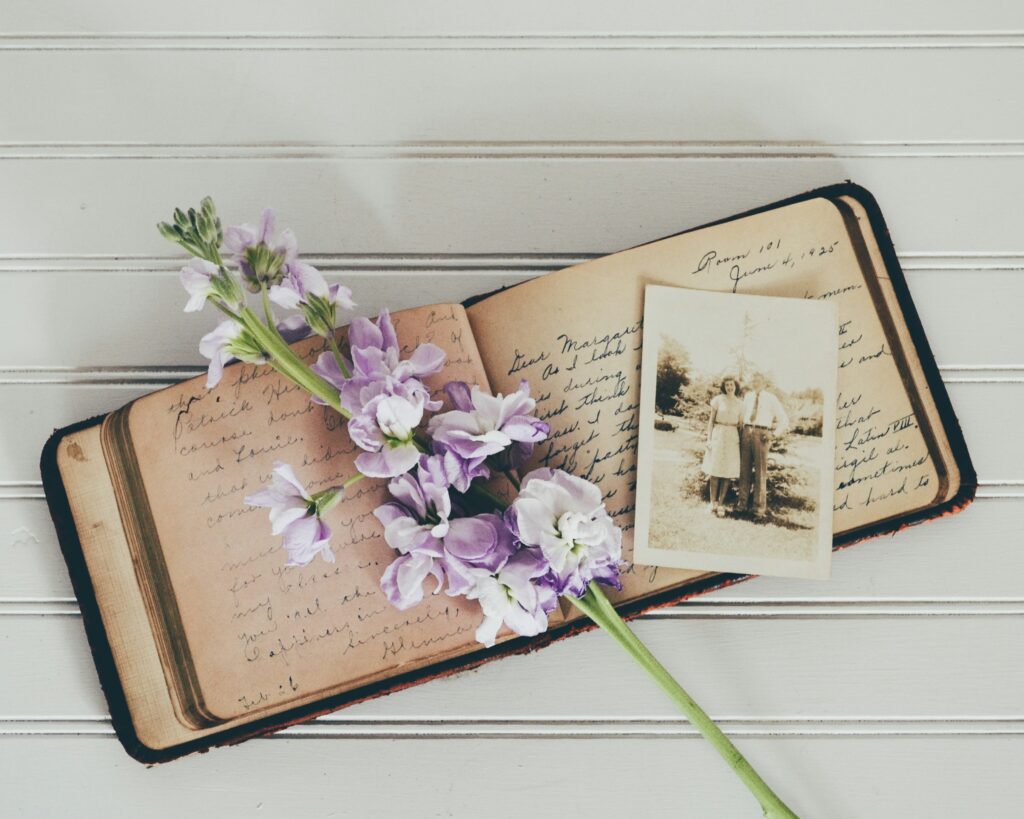
Eyes of the Beholden
Unspoken desires linger in the shadows of a teacher's life, revealed through art
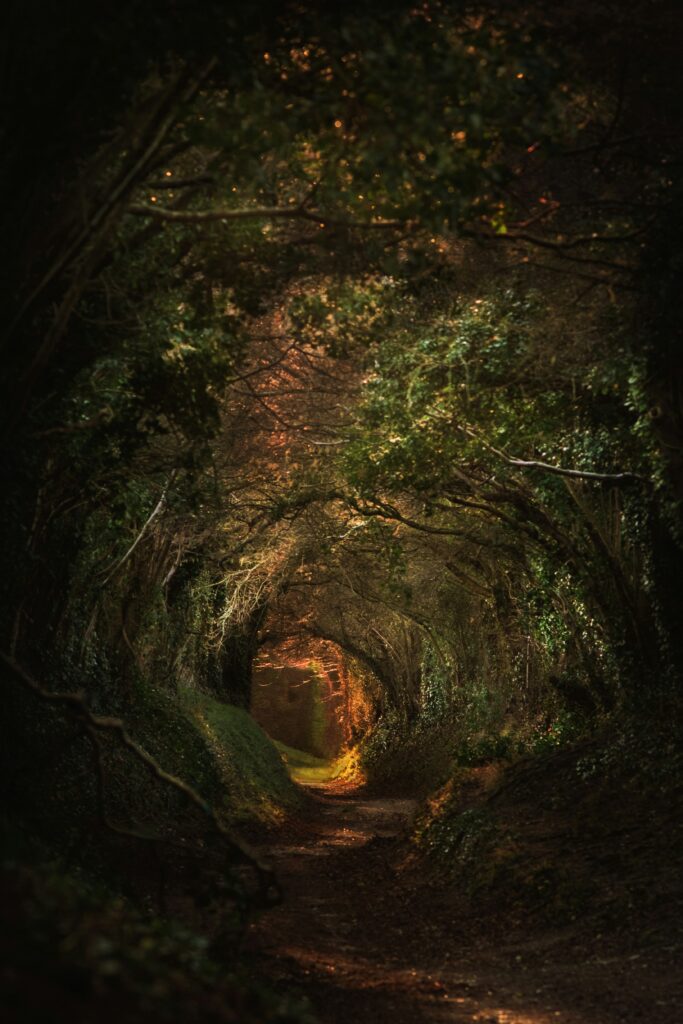
LOST
Bessie's odyssey through stormy nights, lost love, and secret graveyards unfolds with haunting beauty in "Lost" by Sandra Dennis.
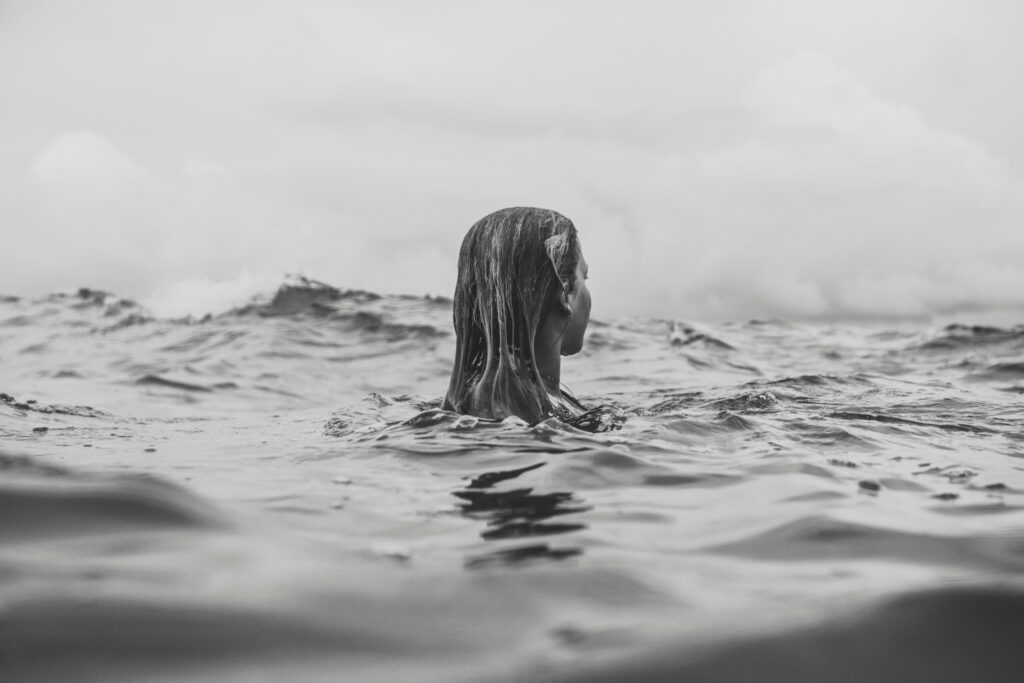
Water Rising
Amidst a flood, a woman grapples with the past, and confronts the consequences in this haunting narrative of resilience.
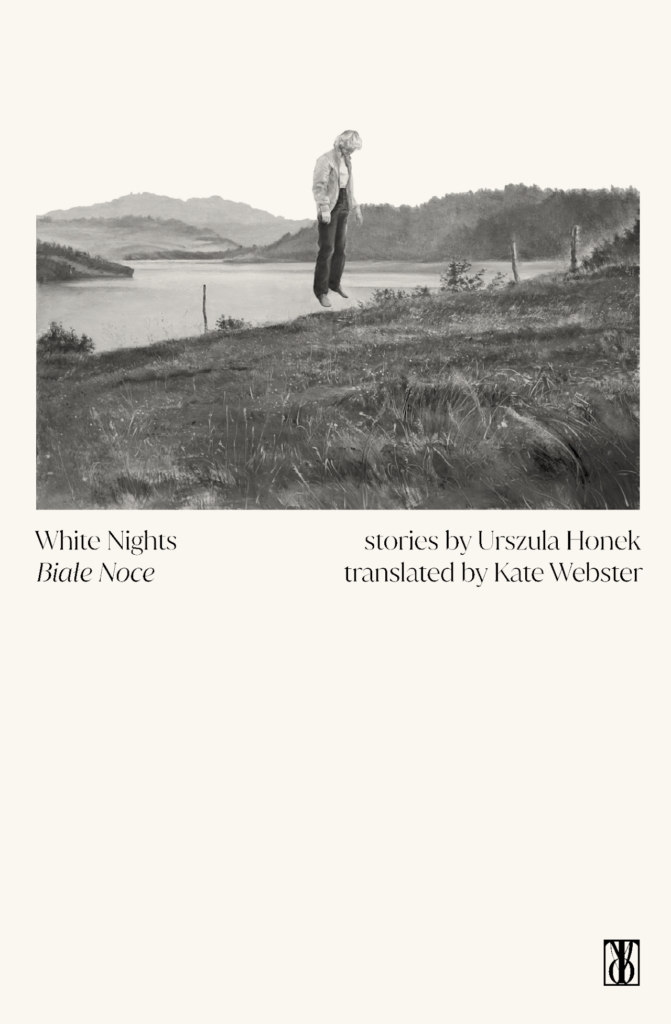
Book Review: White Nights by Urszula Honek
The debut short story from Polish writer Urszula Honek, White Nights, is akin to reading an account of a haunted place – one that is beautiful and devastating in equal
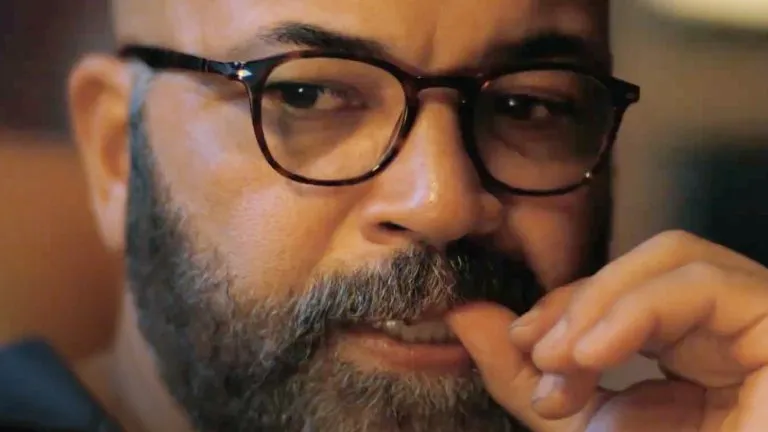
Beyond the Surface: The Multifaceted Lives of ‘American Fiction’
In essence, "American Fiction" and the experiences it draws from remind us that we are indeed more than the sum of our parts.
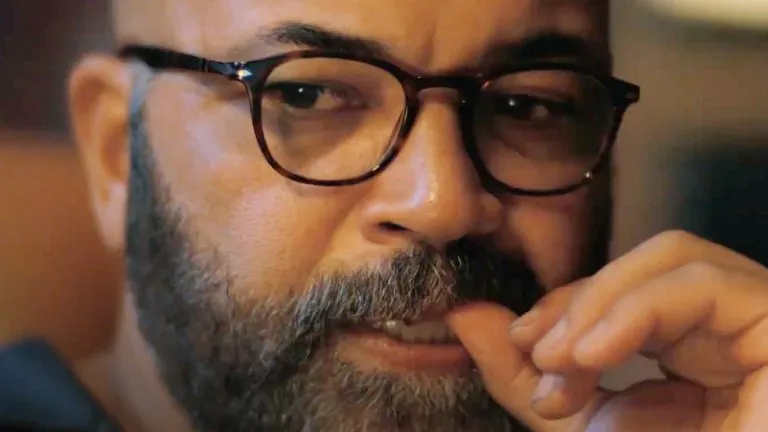
Beyond the Surface: The Multifaceted Lives of ‘American Fiction’
The narrative of “American Fiction” unfolds with a dual focus: it not only scrutinizes the unique pressures faced by Black creatives but also delves into the intricate and sometimes tense…
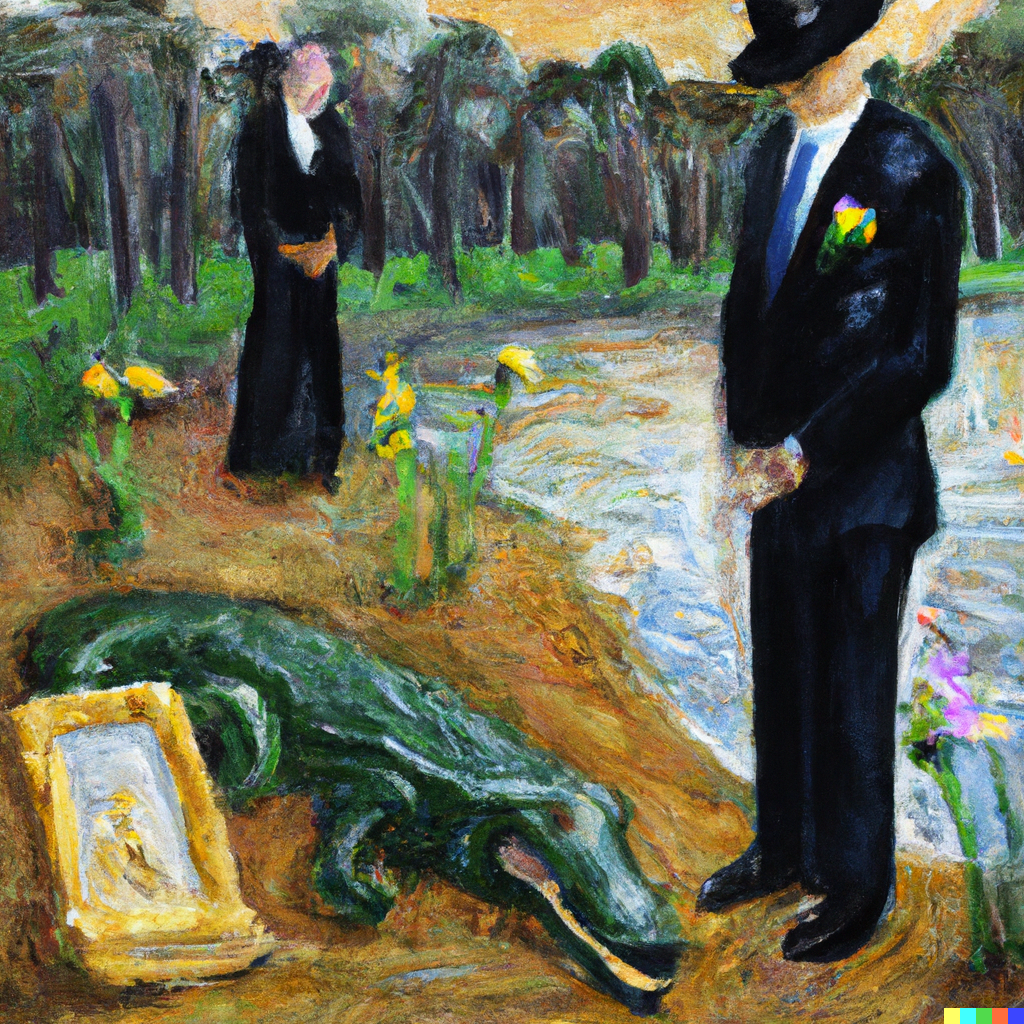
Uncle Bobby’s Funeral
Reluctant family faces the eccentricities of Uncle Bobby's funeral in swampy Chipley.




